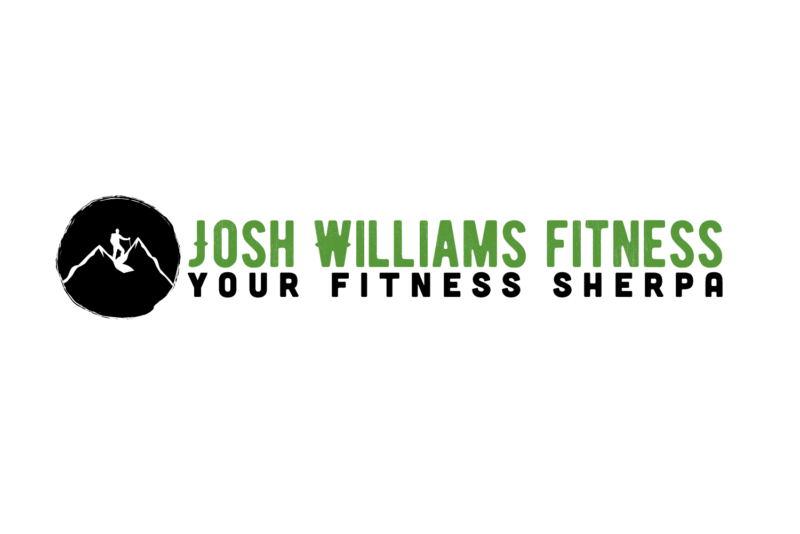
The other night my wife and I were working our way through a book on marriage, aptly titled “What Did You Expect?” and we were doing our best to answer some hard-hitting questions.
Questions like, “Is your marriage suffering from inattention? Have you become comfortable with taking one another for granted? Are you neglecting the work that is necessary to keep your relationship healthy?”.
Those are heavy hitting question; my mind starts to short circuit and freezes up when I think about answering these questions.
The biggest take away that came from our discussion was, how do we keep each other accountable to continuing to work on our marriage?
The easy answer is I am a high-integrity person, and I love my wife, that will be enough; I am accountable to myself.
Fast-forward 30 minutes.
“Josh, can you help me with the groceries?”
“Yeah, I’ll be right there just got to finish this thing I am working on quickly.”
10 minutes later.
“Ok, I’m ready to help put those groceries away.”
“Already did it, thanks,” with a not too pleased tone.
In a matter of minutes, I had forgotten all my desires to put my wife first and instead chose what worked best for me.
Being self-accountable is a safe fairy tale we tell ourselves. It allows us to be accountable when we want to be accountable, and when we don’t feel like being accountable, and we don’t get the outcome we are looking for, we can tell ourselves a sweet little story, like: “I was really busy”, “it was during the holidays”, or “it is who I am”.
Holding yourself accountable doesn’t work, it leaves you with too many excuses and outs.
The most successful athletes have coaches and trainers; the most successful CEOs have mentors and advisory boards; the most successful people have others to hold them accountable to their goals.
Why do all these people have someone to hold them accountable? Because they know that if they want to move from good to great they need someone to keep them accountable, even when they don’t feel like it.
Where to find accountability?
The ideal accountability buddy is someone that cares about you and has a high level of integrity and organization.
Friends: I meet with one of my closest friends once a week. I find a close friend is good to keep you accountable to surface level stuff that is not too deep or personal.
Example: checking in on workouts and goals you have shared.
Mentor: I meet with a mentor bi-weekly with my wife to help keep us accountable to working on our marriage and our Christian walk.
I find mentors are great for giving advice; they are someone you respect and look up to, they are also someone that might pick out a weakness and help you to work on it.
Coach: Coaches are great for a specific area. I can help you if you are looking for strength, physical goals, and nutrition. Other coaches are great at systems, business, or staff development.
A coach is great if you have something more specific to work on. What’s the difference between a coach and a mentor or friend? For one, a coach is typically easier to find, and unlike a good friend, a coach usually charges a fee.
Setting Boundaries and Frequency
A few things to consider when finding someone to keep you accountable is how often you need someone to check-in.
Is it daily, weekly, monthly?
I find weekly or bi-weekly work best.
What do these check-ins look like?
Are they a quick text, a 15-20 minute phone call, in-person?
Most of the time all you need is a quick text to remind you that someone is expecting you to do something, but if you need more then that make sure you make it clear.
There is a place for all of these accountability partners in your life. If you want to make a meaningful change in your life, you need someone other than yourself to keep you accountable.
Your Fitness Sherpa,
Did you know I have a newsletter? If you’d like to have, my blog posts delivered straight to your inbox Sign up here. No, I won’t share your email. That’s just not cool.










Pingback: 30 Days Of Getting Back On Track: Day 2 Accountability - Josh Williams Fitness